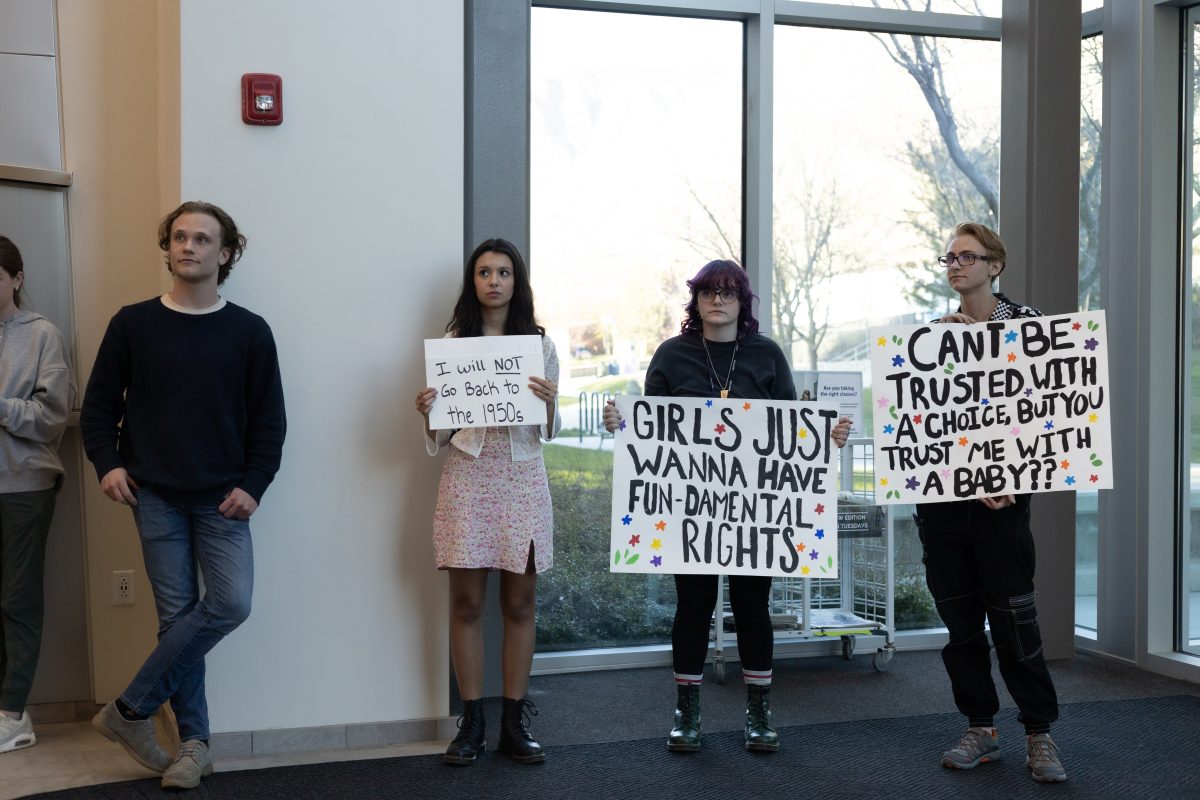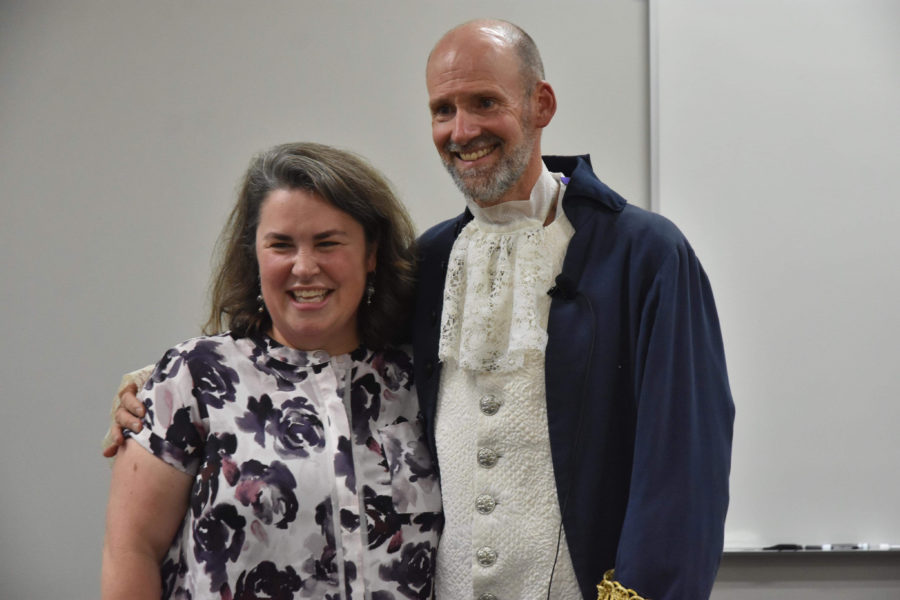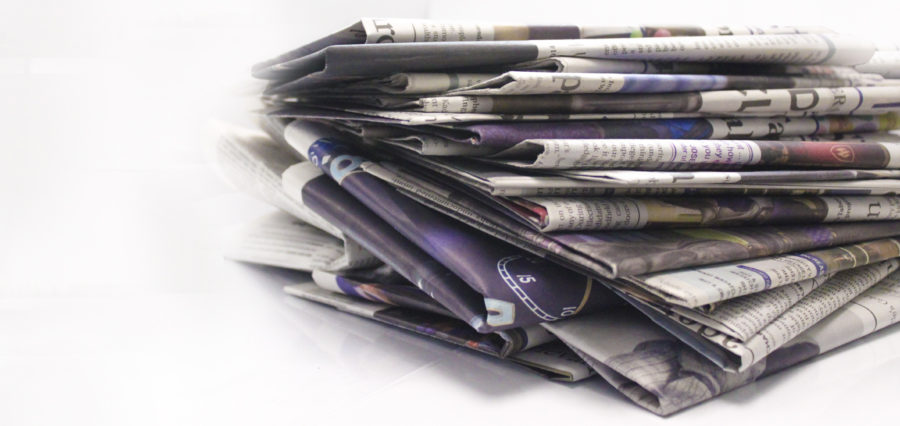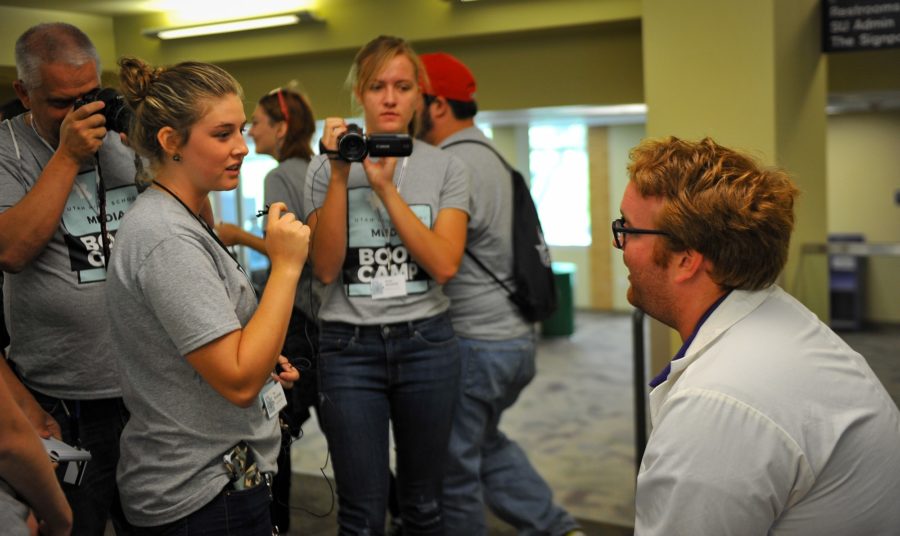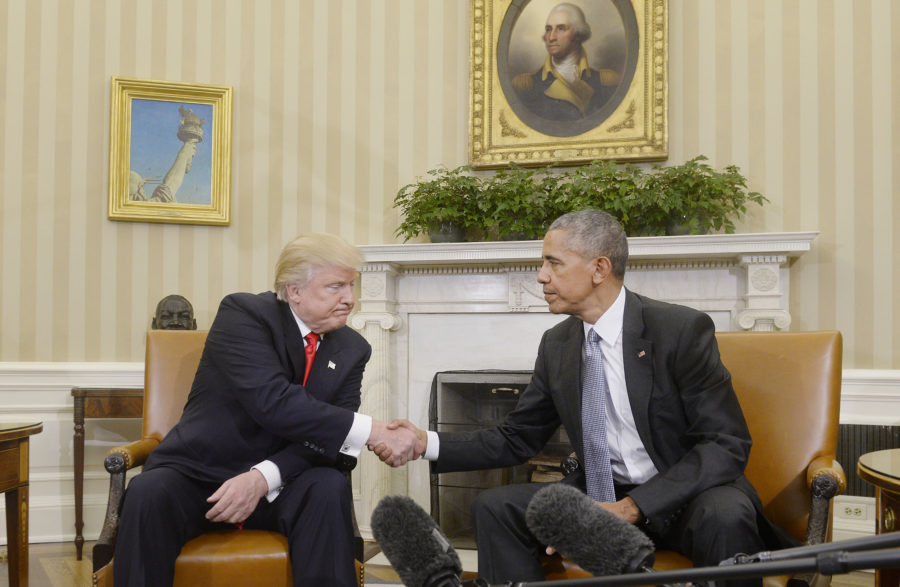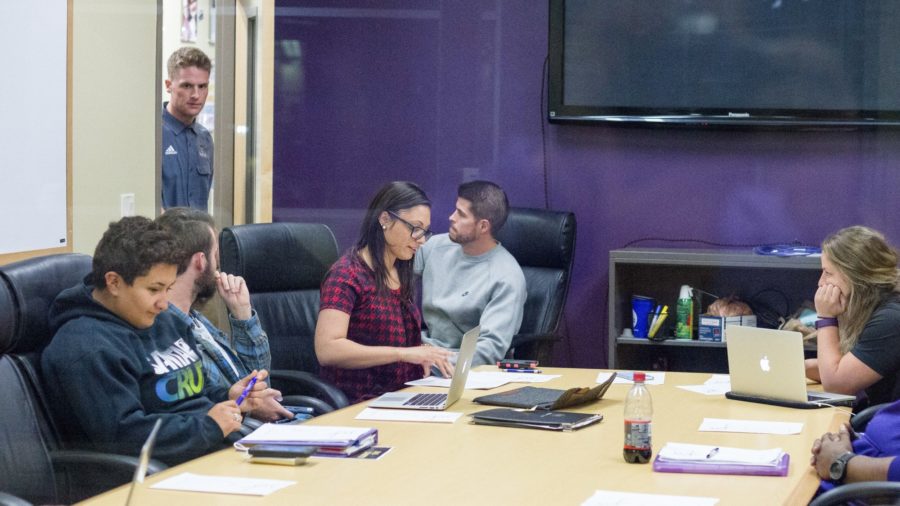
The Federal Communications Commission has been working on a set of rules that introduces a two-tiered system of internet connectivity: the fast lane and the slow lane.
Internet providers, like Comcast or Verizon, will be able to charge content providers in order for them to receive service more reliably. Big companies, like Netflix or Facebook, will be able to provide service that start-up companies might not be able to afford.
Ending the internet neutrality that is already established means the more powerful content providers will be able to buy their way into the fast lane, leaving other smaller providers in the slow lane.
ISPs, in this case, could slow down a website in order to get more money out of them; if their site is slow, they will inevitably become frustrated and pay for the fast lane.
Cable companies will monopolize the internet. They can dictate what content gets viewed based on what they agree with. Allowing cable companies to extort money from content providers would only cement their position as some of the most powerful corporations in the economy.
If Verizon were to get in a contract agreement with Amazon, Verizon could slow the service down, creating unusable content. This would then hinder the profit of Amazon.
This has already happened once before. In contract negotiations with Netflix and Comcast, Comcast slowed down the service until Netflix agreed to their terms. If the cable companies were to enforce their own decided speed of service, bullying like this would occur on a regular basis.
In this case, the only reason I could understand the larger content providers agreeing to the contract of a fast lane would be because of bullying. These big companies, like Facebook or Netflix, are currently using the same speed as every other user, paying the same price.
If they were to agree to the rules of the fast lane, they would have to pay a premium to get the same speed they are currently using. Meanwhile, all the smaller companies that cannot afford this new cost would run unbearably slow.
And when Facebook has to start spending money to pay for the internet they are already getting, this will likely affect Facebook users. It is not an expense they can simply write off. The free service we all know and expect will have to charge the users to pay for their fast lane.
I do not want to have to pay for every social network site I am using. Facebook, Twitter, Pinterest, Instagram: all of these big name companies will need to pay for the fast lane. If I do not support this decision, I do not want to pay for these services.
Even though members of the FCC argue that the change really is a “fast lane” and a “hyper-speed lane,” it is likely we wouldn’t see a much faster download time on the big sites. Instead, we would experience a regular speed on the large sites, and slower content on the start-up sites that can’t afford the cost.
Yes, more people use the popular sites and it therefore uses more bandwidth. But I shouldn’t have to suffer an endless wait time while checking my work schedule online, on a site that only twenty people or so use.
This leads to an unfair system, because the smaller companies that don’t have a lot of money to spend are never given the chance to bloom. Facebook, Twitter and YouTube all started out as small companies, and grew on the premise of free internet.
Think of the great websites that have popped up in the last few years: Etsy, Kickstarter, Instagram. Creators were able to begin these sites because they didn’t have to pay to use the internet that was available to everyone else. The internet is great because it is an even playing field.
There could be a small site out there now, looking to make it big, but lacking the funds. We would need a Kickstarter for a new company like Kickstarter.
The current chairman of the FCC, Tom Wheeler, fully backs the proposal for a two-tiered system. This is coming from the guy who was the CEO of the National Cable Television Association for five years and has been a lobbyist for the cable industry.
We should be able to look to Wheeler for fair decisions. Instead, we can only acknowledge a sense of corruption as the man in charge is in favor of the dominance of cable corporations.
On John Oliver’s show “Last Week Tonight,” he speaks of net neutrality and the perniciousness of the proposal. He urged viewers to flood the comment box on the FCC’s website. This was so effective that the site temporarily crashed.
There have been over 650,000 comments so far.
A final vote on the proposed rules is not expected to take place until the end of the year, although the FCC has opened up public comments until Sept. 10.
To voice your opinion, leave your own comments at fcc.gov/comments under the heading “protecting and promoting the open internet.”
This is an issue we all need to be active in taking a stand. Without the voice of the people who disagree, the FCC will continue on their current path to approve of the proposal.



